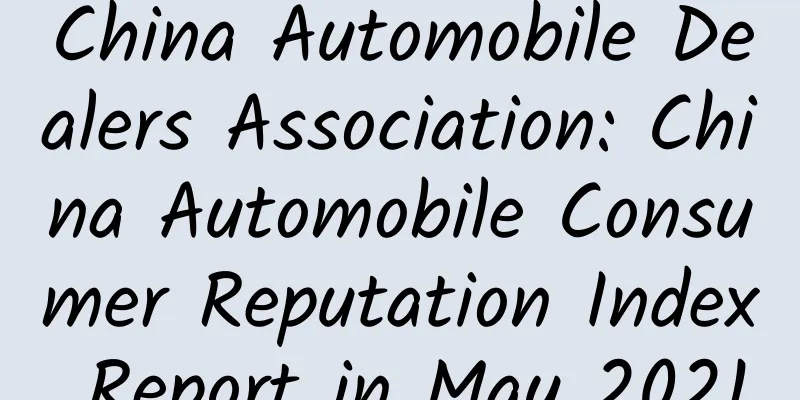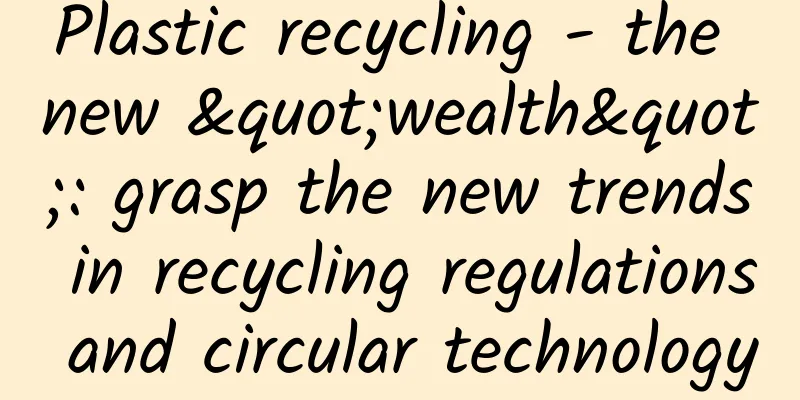Android creator Rubin to start incubator after leaving Google

|
According to foreign media reports, Android founder Andy Rubin has resigned from Google. According to authoritative American media reports, Rubin will start a business again and establish an incubator company that specializes in helping companies that are interested in starting businesses in the hardware field. Before Rubin left, he was in charge of Google's robotics business. A Google spokesperson said that Google will continue to develop robots and continue to invest in this field in the future. Google announced that James Kuffner, a scientist in its robotics business unit, will replace Rubin as head of the business. Rubin is the inventor of the famous Android system. He was very interested in robots in his early years, but later began to develop mobile operating systems and registered "Android Company". In 2005, Google acquired Android Company. With the improvement of Rubin's team and the strong support of Google, Android has become the most influential mobile operating system in the world. Rubin, like Gates and Jobs, has become an important historical figure who has influenced the evolution of human computing. Today, Android has long gone beyond tablets and smartphones and has entered the fields of living room entertainment, car systems, wearable devices, smart watches, the Internet of Things, and more. Regarding Rubin's departure, Google CEO Page expressed the hope that Rubin would have smooth future development. "He made great contributions by inventing Android, which now has more than one billion users. Thank you!" In 2013, when Android was at its peak, Rubin was suddenly transferred to be in charge of the robotics business, which was a very strange event. According to Business Week, Rubin was forced to move to the company by Page. It was not Rubin's original intention to be in charge of the robotics business. It was revealed that although Rubin was a genius, he lacked the spirit of teamwork and communication. At that time, due to the heyday of the Android system, many internal products of Google wanted to integrate with the Android system, and Page also wanted to use the Android system to promote Google's other Internet products and services, but these proposals were opposed by Rubin. As we all know, Google has its own independently developed browser Chrome, but due to the fact that each of them operates independently, Android refuses to use Chrome and instead develops a browser specifically for Android. Within Google, the Chrome business department and the Android business department have almost reached the point of "never interacting with each other". According to Business Week, Page once asked Rubin to strengthen cooperation with other departments, but Rubin agreed in person but still refused to cooperate behind the scenes. Page then forcibly adjusted Rubin's position. Pichai, who led ChromeOS, replaced Rubin in charge of Android business. After that, Google's Chrome and Android businesses began to merge. Recently, there are reports that Google may merge the two major operating systems, Android and ChromeOS. It is reported that transferring Rubin away from the Android business unit was the "toughest decision" since Page became CEO. Perhaps such an adjustment has laid the groundwork for Rubin's departure from Google today. In addition, Pichai has been reused by Page and will be responsible for all Google product lines in the future. It is not known whether Pichai's promotion is related to Rubin's resignation. It is worth mentioning that another key figure of Google is co-founder Sergey Brin, who loves technology and is currently in charge of the Google X lab business, responsible for developing various fantastic projects. Brin is looking for the "future" for Google. (Morning Light) Andy Rubin Chronicle: Andy Rubin, 52, was born in New York, USA. His father studied psychology in college, but later founded an electronic equipment sales company. These electronic equipment became Rubin's toys when he was young, and his career as an electronic engineer in adulthood has a lot to do with his childhood experience. In 1986, after graduating from Utica College in New York with a degree in computer science, Rubin joined Carl Zeiss, a German company known for its optical instruments, as a robotics engineer. In 1989, due to a very unexpected experience, 27-year-old Rubin was recommended by an Apple employee to join Apple. At Apple, Rubin participated in the development of Apple's first desktop computer Quadra and the first soft modem in history. In 1990, Apple's handheld computer and communication equipment division was spun off into a new company, and Rubin joined the new company two years later. There, he and his colleagues worked day and night to develop a project called "Magic Cap", which was an operating system and user interface developed by Apple specifically for mobile devices. Magic Cap had a brief success, but it didn't last long. Because the concept was too advanced, only a few manufacturers and communication companies could accept it when it was promoted. The market soon sentenced Magic Cap to death. Rubin's R&D department was forced to disband. Soon after, three senior Apple employees founded a research and development company called Artemis and invited Rubin to join. Rubin accepted their invitation and soon moved into the new company. At Artemis, he participated in the development of the interactive Internet TV WebTV. This time, Rubin succeeded. WebTV obtained a number of communication patents and the product has hundreds of thousands of users. It also helped the company achieve profitability smoothly, and Artemis' annual revenue exceeded 100 million US dollars. In 1997, Artemis was acquired by Microsoft, and Rubin joined Microsoft. He continued to explore his robot project, but once the robot he built caused trouble - Microsoft security personnel discovered that the computer controlling the robot had been hacked. Rubin's dangerous behavior angered Microsoft's security team, which eventually led to Rubin's departure. In 1999, the unhappy Rubin officially left Microsoft. He and his friends founded a company called "Danger" in the same year. In the following years, Rubin and his friends successfully developed a smart phone called Sidekick. Sidekick has similar functions to PDAs, and it can even connect to wireless networks to surf the Internet. In February 2008, Microsoft, which is rich in wealth, once again acquired Rubin's company. In 2003, Rubin also founded a company called Android, which specializes in developing operating systems for smartphones. In 2005, Google acquired Android, and Rubin joined Google and became the head of the Android project, continuing to be responsible for the research and development of the new system. In 2013, Google CEO Larry Page announced that Andy Rubin would leave the Android department and take charge of Google's robot project. Sundar Pichai, former vice president of Chrome and Applications, would take over Rubin and be in charge of both Chrome and Android businesses. The outside world believes that this personnel change is a signal that Google will further integrate Chrome, Android and Apps. On October 25, 2014, Google further optimized its management team. CEO Larry Page handed over the leadership of core products such as maps, search, and commercial advertising, and Rubin's position was further weakened. On October 31, the Wall Street Journal reported that Rubin had resigned from Google and would start an incubator to help hardware startups. |
<<: Steve Jobs once scolded the father of Android: "You are arrogant and you always copy me."
>>: Andy Rubin's nickname at Apple: Android
Recommend
Heavy rain and rainstorm are coming today →
Starting today (26th) A new round of heavy precip...
Elements and channels of online product promotion plan!
Viewpoint 1: The general promotion process is as ...
China Water Week|How hard does humanity fight for water? Scientists' water-saving "black technology"
March 22nd to March 28th is China Water Week. On ...
How much does it cost to apply for a company business license? How much does it cost to register a company?
1. How much does it cost to apply for a company b...
4 months of practical short video skills!
Although I have been working in new media, I have...
2019 Pinduoduo Product Operation Analysis Report
Pinduoduo has rapidly grown into the third larges...
What you think is “fat” may not be fat, and what you think is “not fat” may be really fat…
Today is United Nations Diabetes Day. It is well ...
Nokia's comeback is not impossible
Nokia recently released its third quarter financi...
A Brief Discussion on iOS Crash (Part 1)
1. Capture iOS Crash 1. Set an exception breakpoi...
User operation: How to build a user portrait model?
At this stage, operators, no matter which positio...
As the floods recede, beware of three types of diseases “lining up on shore”!
Author: Zhang Yaning, Peking Union Medical Colleg...
From 0 to 1, build a massive Qianchuan delivery plan
On April 9, 2021, the 2021 Douyin E-commerce Ecos...
Don't buy this kind of fertilizer online to grow plants! Some people got seriously ill and almost died because of it
They accidentally came into contact with the fece...
The 21st C4D Visual Effects Class of Qiaojiang Cherry [HD quality with some course materials]
The 21st C4D Visual Effects Class of Qiaojiang Ch...
Five years of practical operation experience, revealing seven golden rules of user operation!
Preface User operation is the most important part...









